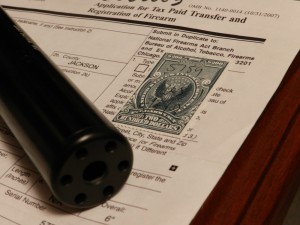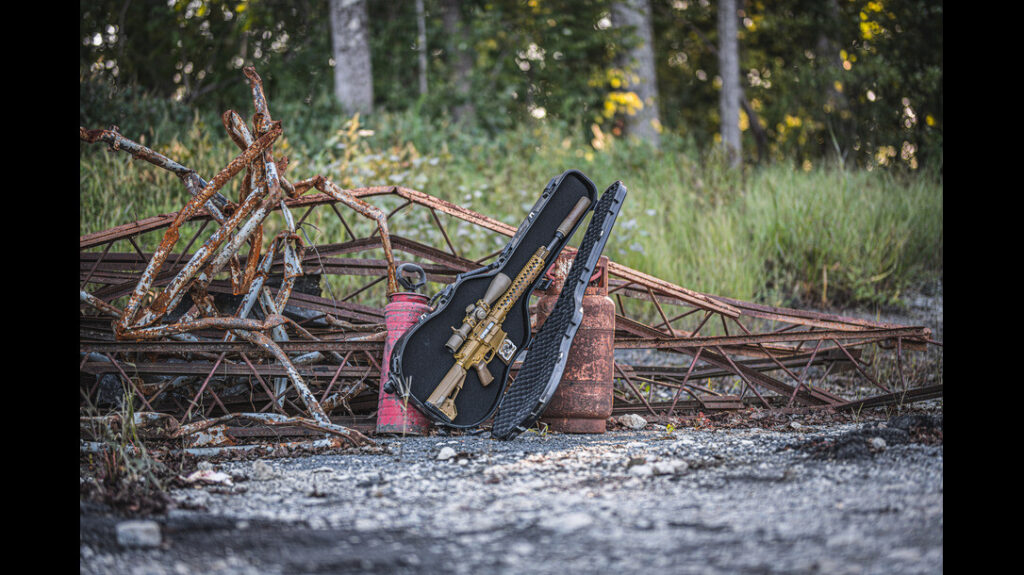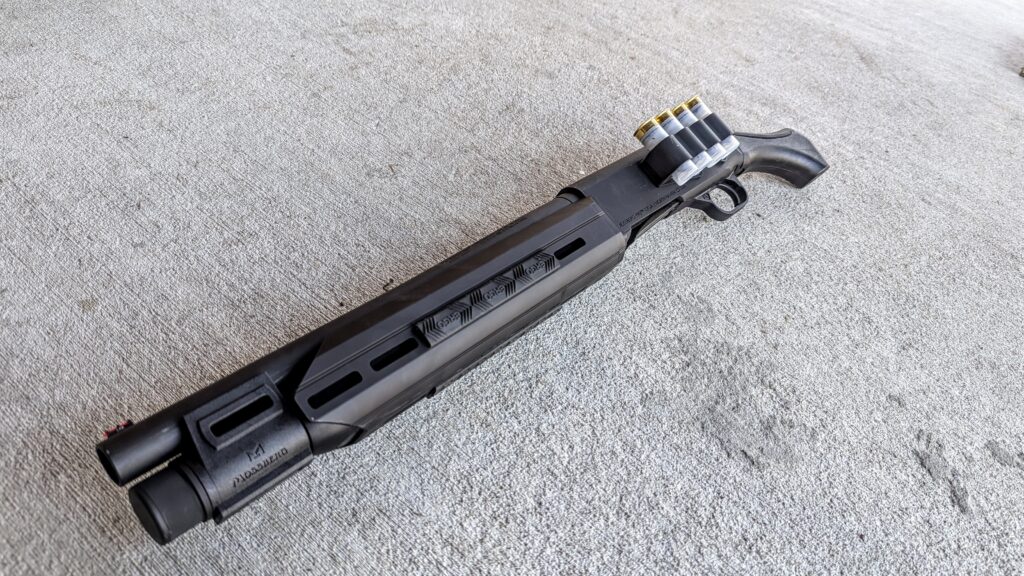You’ll routinely hear people talk about the fact that “people are so oblivious and in their own world that they’ll never notice if I’m [printing/dressed funny/etc]”. That is, as my 5th grade English teacher Mr. Macey used to say, “a good wrong answer”. It is technically correct (the best kind of correct). That being said, the oblivious masses are a complete non issue, they’re not the reason most of us choose to carry a firearm anyway. So whether or not they take notice is completely irrelevant, at least for me.
You know who looks to see if people are carrying guns? Other people that carry guns; regardless of which side of the law they’re on. It’s the expression “game recognizes game”. And it makes sense. We as gun carriers know the “tells” of what to look for, so it’s more obvious. The mistake we make is assuming that everyone thinks like us, or has our same intentions. If you happen to clock somebody out in public that you can tell is armed, the first thought through your head is likely wondering what kind of gun they’re carrying, and the best way to engage them in conversation, since you clearly have common ground. This is because you’re presumably a (at least semi) well adjusted, productive member of society who doesn’t prey on others.
But let’s take that same scenario, and dig into the what and why. The only reason you would think to approach that stranger and engage them in conversation is that they’ve already communicated information about themselves. Based on that information, you’ve now formulated some assumptions that would allow you to approach this person in a socially acceptable manner.
Advertisement — Continue Reading Below
Well here’s the trick: there’s no password on visual information, that signal is broadcast out into the world indiscriminately to be picked up by anyone that’s tuned in. Like ham radio. So what makes you think that the professional predator isn’t going to exploit that information to their advantage. Sure they may steer clear if they’re just some 2-bit crook, but if they’re a professional felon all you are to them is a battlefield pickup.
Doesn’t happen you say? There are plenty of instances readily available of people, both law enforcement and private citizens, being relieved of their firearms by motivated attackers. Here’s the thing, it’s not just threats that we have to worry about tipping off.
What do I mean by that. Well, we carry a gun to protect and preserve the life, health, and well-being of those that we love. Specifically we carry the firearm to repel physical attempts to deny us those things. Isn’t it safe to say that a similarly life altering event would be sudden denial of income? It’s certainly not as bad as death, but it can have a significant impact all the same.
Example 1: The subject in question attracted attention from a co-worker, simply because of the pull-the-dot soft loop on his belt. Luckily, in this instance, the co-worker was friendly, and simply informed Subject 1 that it wasn’t as subtle as they had thought, and to be more careful since that workplace was a non-permissive environment (NPE)
Advertisement — Continue Reading Below
Example 2: A man was dropping his kids off, and was walking them from a satellite parking lot to the front entrance of the school. As he approached the front of the school, the uniformed officer noticed his carry gun under his shirt, and confronted the man. Both parties were polite, but the officer took him away from the entrance, disarmed him, and reported it to the school. The school decided to trespass the man, and he was no longer allowed on school grounds and prohibited from attending any school functions.
Example 3: The subject is working in a business professional environment, who in this case opts to size up his trousers so he could carry IWB. Walking past the office manager’s office without his jacket on, she made a comment that it looked as though he had lost weight. Subject 3 was confused, and asked what precipitated the comment. She responded that his trousers were bunched in the back, and she thought that was the reason why.
- The point is that, at least for most of us, we conceal a firearm because we put some value in the element of surprise. Matt Landfair of Primary & Secondary equates it to playing poker with your cards facing out. Sure you may still win, but at that point a positive outcome has less to do with your ability and more to do with luck. Why not give yourself every advantage?
- Now there’s folks out there who will take the approach of “I’ll wear whatever I want”, and they are certainly well within their rights to do so. What some fail to realize is that uniforms exist and are prevalent, even outside of the conventional arenas. Every tribe, every social group, every collective has a uniform. Some are subtle, some not so much.
The fact is that, as mentioned earlier, your clothes say something about you, regardless of what those clothes are. The question is whether or not you are controlling that message. I’ll be touching on “uniforms” in more detail in a subsequent article.
Advertisement — Continue Reading Below















